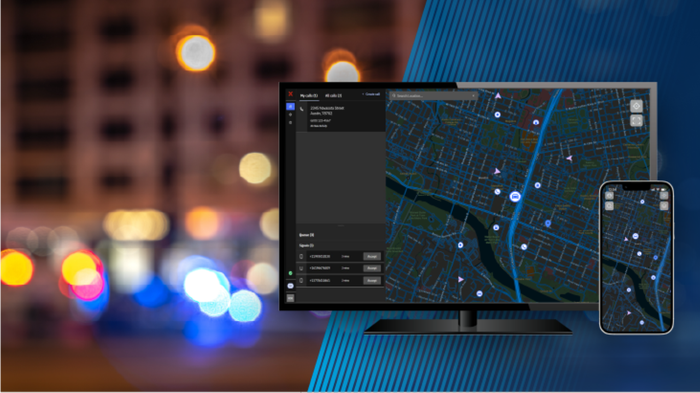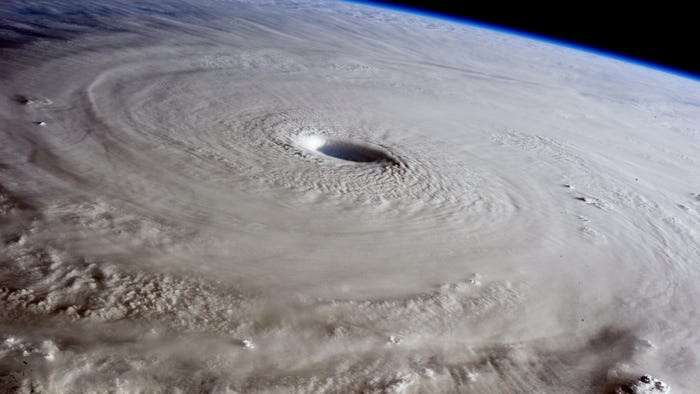AI is enhancing electric grids, but surging energy use and security risks are key concernsAI is enhancing electric grids, but surging energy use and security risks are key concerns

Dive Brief:
Utilities are beginning to use artificial intelligence to operate the electric grid more reliably and efficiently, but there are also challenges and risks to consider, including data privacy, cybersecurity and AI’s own energy use, experts told the House Energy and Commerce Subcommittee on Energy, Climate, and Grid Security on Thursday.
AI’s energy use cases include load and weather forecasting, predictive maintenance, grid management, enhancing the output of wind and solar resources, faster storm recovery, wildfire risk assessment and methane leak detection, witnesses told lawmakers.
Excluding China, AI represents 4.3 GW of global power demand today and could grow almost five-fold by 2028, Sreedhar Sistu, vice president of artificial intelligence offers for Schneider Electric, told the subcommittee. Of that demand, 30-45% is estimated to be in the United States.
Dive Insight:
“AI is already helping stakeholders better forecast power consumption,” Sistu told the subcommittee. Electric utilities and microgrid managers leverage the new technology “to forecast short-term energy consumption more quickly and efficiently across the entire geography of their grids.”
But while AI can be used to operate a more efficient electric grid, Sistu also warned of its growing energy demand. Global AI power demand, excluding China, is estimated to reach 13.5 GW to 20 GW by 2028, he said.
“With a grid that is already straining to meet existing demand, it is imperative this committee consider how strategic, future investments in physical infrastructure can support the growth of AI in America, which will in turn support the future of our grid,” he said.
The Electric Power Research Institute has been involved in more than 70 projects utilizing AI, said Jeremy Renshaw, the group’s senior technical executive for AI, quantum, and innovation.
“While automated grid operation may still be more than a decade away, current models may be useful in assisting grid operators as decision support agents to provide recommended actions to maintain grid operation,” Renshaw said.
The new technology can contribute to the safety, affordability, and reliability in energy generation, delivery, and consumption, he said. But EPRI “has found it also poses new challenges, such as cybersecurity risks, ethical considerations … and data privacy and security.”
Paul Dabbar, the CEO of Bohr Quantum Technology and former DOE under secretary for science, said AI is “beginning to remake energy operations” but warned about the potential for security threats.
To read the complete article, visit Utility Dive.



